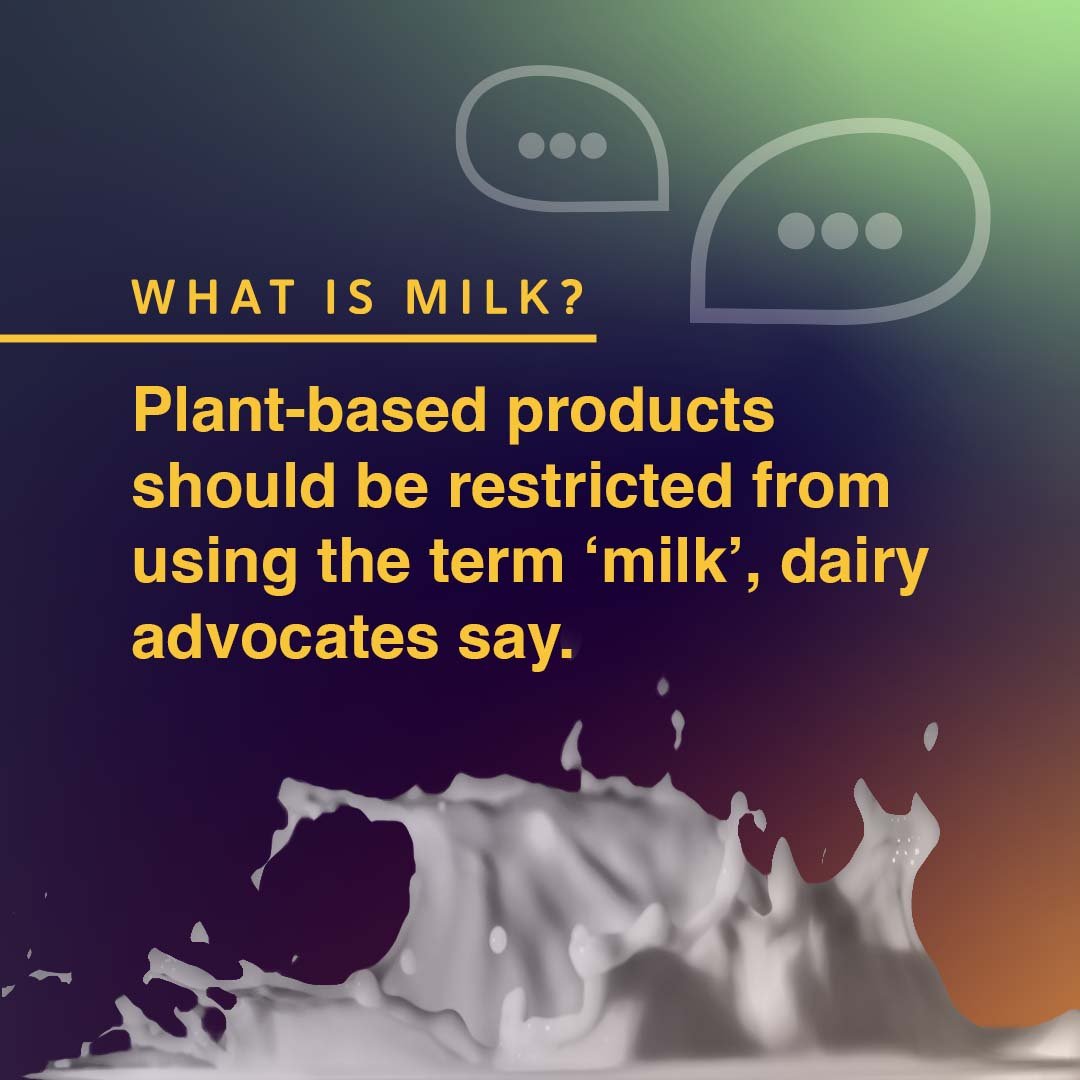PR Release by Charlie Peel
6:15pm April 18, 2023
Milk product labelling push in Australia following US laws
What’s milk? That’s the question Australia’s dairy industry wants answered by the federal government.
The fresh push for local labelling restrictions follows recent action in the US, where congress is considering bipartisan mandatory labelling legislation, and Europe, where the European Court of Justice previously ruled on the need to differentiate between dairy and plant-derived products like almond milk.
In his final newsletter as chief executive of industry lobby group EastAUS Milk last week, Shaughn Morgan said apparent bipartisan support in Canberra for food labelling restrictions had not translated into action.
“Supermarket customers would benefit from ‘truth in labelling’ as it would allow greater consumer awareness about the nutritional differences,” Mr Morgan said. “Iconic dairy terms for dairy farmers should be protected. This should not be so hard or take so long.”
Mr Morgan said voluntary codes would not work and that an enforceable mandatory dairy code of conduct was required to give customers the truth.
Both Labor and the Coalition have promised to introduce clearer food labelling requirements, including a pre-election promise from Labor last year. A report from a Senate inquiry into the issue, which recommended a mandatory regulation framework for labelling plant-based products, was handed down last year, but the government is yet to respond.
The US legislation, creatively titled the “Defending Against Imitations and Replacements of Yogurt, milk, and cheese to Promote Regular Intake of Dairy Everyday Act (DAIRY PRIDE Act)”, was introduced in February after the US Food and Drug Administration proposed draft guidelines that said it was acceptable for nut, oat, soy, and other non-dairy products to use the name “milk”.
This was despite the FDA already defining milk as being the “lacteal secretion” from “healthy milk-producing animals”.
Democrat and Republican senators from dairy states say that “for too long, plant-based products with completely different nutritional values have wrongly masqueraded as dairy”, misleading customers to the “disservice of dairy farmers”.
To end the apparent customer confusion, the US legislation proposes laws that would require the FDA to “issue guidance for nationwide enforcement of mis-labeled imitation dairy products within 90 days”. “What has occurred in the USA highlights a similar issue in Australia,” Mr Morgan said. “The Australian and New Zealand Food Standards Code states that milk is derived from the ‘mammary secretions of milking animals’. It is not crushed ‘nuts’ mixed with water and then fortified.”
European law prevents terms like milk and yoghurt from being used for non-dairy products, even if they accompany a qualifier like “plant-based” or “vegan”.
Dairy Australia’s Human Health and Nutrition Policy Manager Melissa Cameron said the confusion for customers was around the nutritional benefits.
“They promote themselves as being an alternative to milk but it doesn’t necessarily have the same nutrition and doesn’t have the research evidence to say it delivers the same health benefits, but it’s often implied,” Ms Cameron said.
“Regulation takes a long time for change, so first off, let’s get some a voluntary framework that provides guidance to ensure that products can fairly promote themselves.”
Ms Cameron said it would be up to plant-based manufacturers to decide what alternate terms to use for their products.
“There’s room for everything on the market, but we should have that truth in labelling and we should be able to promote our products that don’t trade off each other’s credentials,” she said.
“Dairy has a long history of very strong evidence and credentials and the plant-based products are just leveraging off the credentials and the terminology that consumers recognise from dairy.”
Charlie Peel,
Rural Reporter.
Charlie Peel is The Australian’s rural reporter, covering agriculture, politics and issues affecting life outside of Australia’s capital cities. He began his career in rural Queensland before joining The Australian in 2017. Since then, Charlie has covered court, crime, state and federal politics and general news. He has reported on cyclones, floods, bushfires, droughts, corporate trials, election campaigns and major sporting events.


